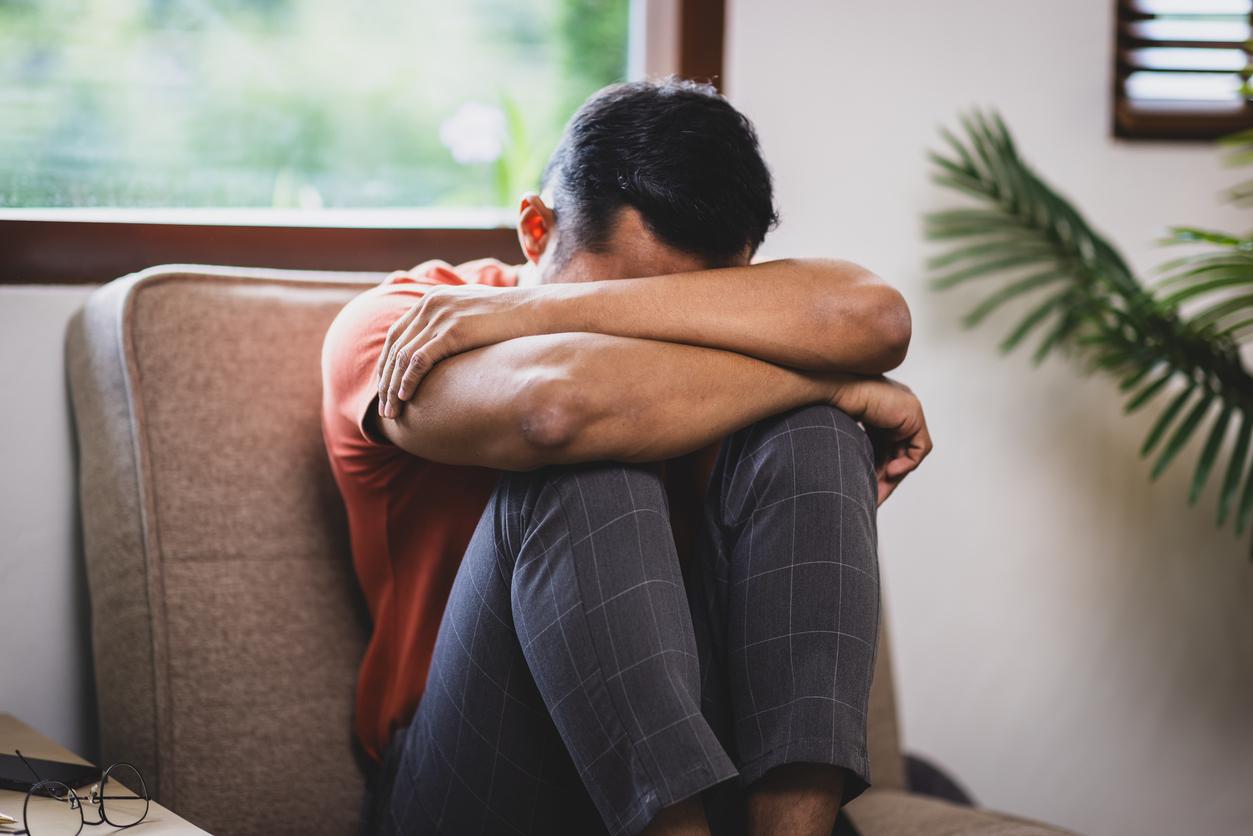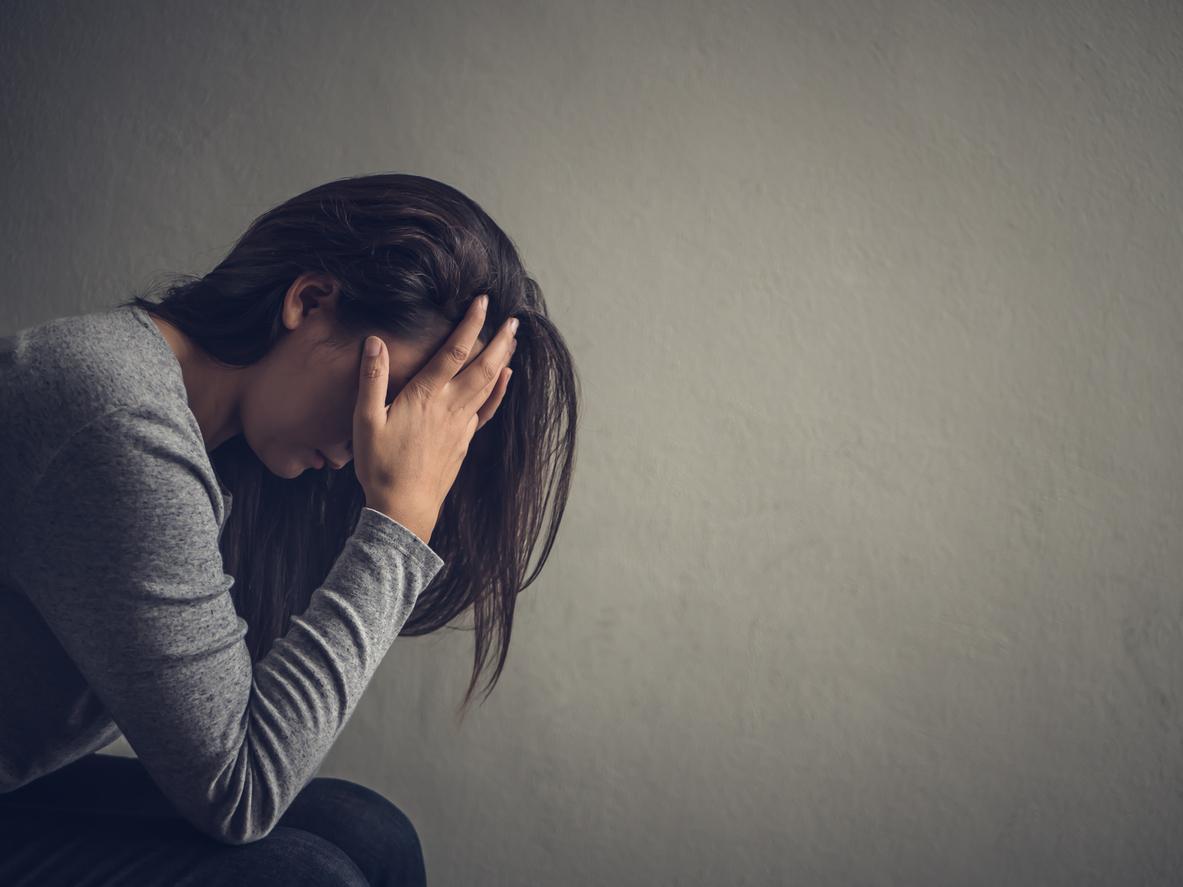Smartphones could become a tool of choice to help track and manage mood and symptoms of depression.

It affects 300 million people worldwide, or more than one in 25, according to World Health Organization estimates (WHO). Depression is the leading cause of morbidity and disability worldwide. And its incidence is on the rise. It would have jumped by 18% between 2005 and 2015.
In many countries, aid is weak or non-existent, and even in countries with higher incomes, only 50% of the sick would be treated. Last March, then-WHO director Dr Margaret Chan called on all countries to rethink their approach to mental health.
Researchers at Australia’s National Institute of Complementary Medicine (NICM) may have found an interesting tool: the smartphone. A study they conducted shows that it can be helpful in tracking, understanding and managing depression.
A common tool
The Australian specialists, whose article is appeared in the magazine World Psychiatry, conducted a literature review of 18 robust studies, which assessed the usefulness of 22 mental illness companion apps. Together they provide data for 3,400 people aged 18 to 59 with mental symptoms including mild, moderate and major depression, bipolar disorder, anxiety and insomnia.
“The majority of people living in developed countries have smartphones, including the youngest, who are increasingly affected by depression, recalls Joseph Firth, researcher in psychology at Western Sydney University (Australia), lead author of the study. Thanks to rapid technological advances in the field, these devices could eventually provide effective treatments for depression, instantly accessible, and very effective. This would reduce the economic and social burden of this condition. »
All is well
Applications could be considered in an integrative approach to medicine. ” [Elles] have proven to be particularly useful in improving morale and attacking symptoms in these patients,” adds Prof. Jerome Sarris, co-author and director of the NICM.
Then it comes down to which app works best. The researchers did not observe any significant difference in effectiveness between the applications tested, whether they used the principles of mindfulness, cognitive behavioral therapies, or mood tracking programs. The applications that do well are those that do not call on a medical referent: users were better off when they managed their illness alone, with their smartphone.

.














